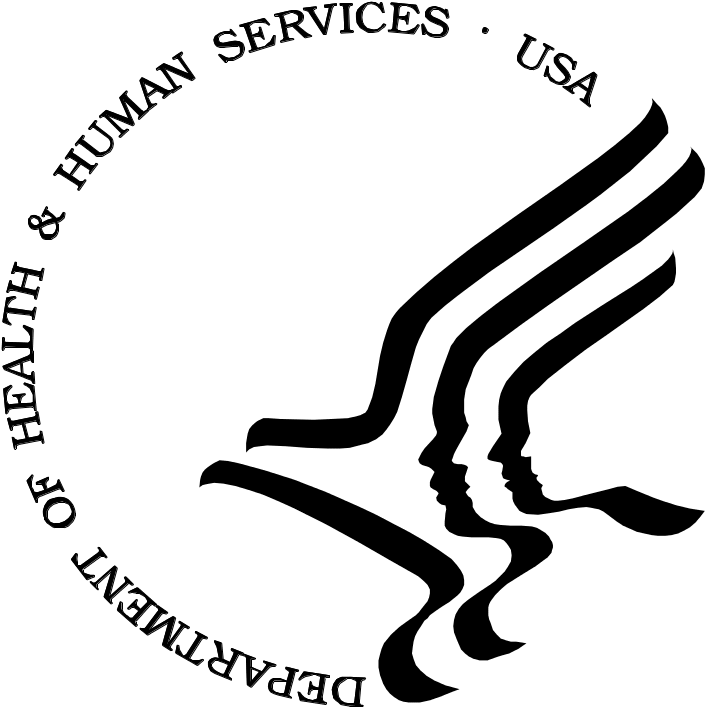QDRL OMB--10-day package Cross Nat
QDRL OMB--10-day package Cross Nat. update 102207.doc
NCHS Questionnaire Design Research Laboratory
QDRL OMB--10-day package Cross Nat
OMB: 0920-0222
 DEPARTMENT
OF HEALTH & HUMAN SERVICES Public
Health Service
DEPARTMENT
OF HEALTH & HUMAN SERVICES Public
Health Service
Centers for Disease Control and Prevention
 National
Center for Health Statistics
National
Center for Health Statistics
3311 Toledo Road
Hyattsville, Maryland 20782
October 22, 2007
Margo Schwab, Ph.D.
Office of Management and Budget
725 17th Street, N.W.
Washington, DC 20503
Dear Dr. Schwab:
The staff of the NCHS Questionnaire Design Research Laboratory (QDRL) plans to conduct research in English and Spanish to develop best practice in comparative, cross-national question testing of questions from the European Social Survey and the Budapest Initiative, a UNECE/WHO/Eurostat task force (under OMB No. 0920-0222, exp. 02/28/10). Earlier rounds of testing and evaluation were conducted on earlier drafts of the English language questions proposed by the Budapest Initiative October through December of 2006, and were described in a letter to OMB dated August 31, 2006 and approved on October 12, 2006.
We propose to start advertising for volunteer participants as soon as we receive clearance, and to start testing as soon as possible after that.
Background Information about Cognitive Testing of Questionnaires
The methodological design of this proposed study is consistent with the design of typical cognitive testing research. As you know, the purpose of cognitive testing is to obtain information about the processes people use to answer survey questions as well as to identify any potential problems in the questions. The analysis will be primarily qualitative.
Proposed project: 2007 QDRL Comparative Cross-National Question Testing in English and Spanish
This project will conform to the usual QDRL procedures for cognitive testing of a questionnaire module.
The primary aim of the research is to develop best practice in comparative, cross-national question testing. For this project, we will be using two sets of questions. The first set of questions comes from the European Social Survey, and looks at opinions toward public services and attitudes toward different age groups. The second set come from the Budapest Initiative, a UNECE/WHO/Eurostat task force that is developing measurements of health status. The aim of these cognitive interviews is to study how people from various countries interpret and process the questions, so that we can then conduct a joint, coordinated analysis to see if questions are processed similarly across all participant countries.
We propose to recruit 60 adults (40 English Speaking and 20 Spanish-speaking American citizens aged 18 years and older) through a combination of a newspaper advertisement, flyers, and our database of previously interviewed participants. The newspaper advertisement/flyer in both English and Spanish is shown in Attachment 1. The newspaper advertisement/flyer will be used to recruit participants who have physical or mental problems or who use special equipment such as wheel chairs, walkers, magnifiers, or hearing aids. For comparative purposes, we will recruit several participants by word-of-mouth who do not meet these criteria. Within these constraints, we hope to recruit participants with some demographic variety (particularly in terms of gender, education, race/ethnicity, and income).
Interviews will be conducted in the QDRL, or in a private room of a community facility. With the consent of the participants, the interviews will be recorded on videotape or audiotape. Participants will be informed of taping procedures (including observation if applicable) in the process of reviewing the consent forms, and the equipment will be turned on once it is clear that the procedures are understood and agreed upon. Then the interviewer will conduct individual cognitive interviews with as many as 60 participants (40 English/20 Spanish) for 60 minutes each. The testing instrument in both English and Spanish is shown in Attachment 2. At the end of the interviews, participants will be paid and provided with copies of all papers they signed.
We propose paying participants $40, which is our standard payment. In total, for this project, the maximum respondent burden will be 60 hours of interviewing in addition to travel time. A burden table for this project only is shown below:
-
Project
Number of
Participants
Number of
Responses/
Participant
Average hours
per response
Response
burden
QDRL Interviews
2) Other questionnaire testing
60
1
1
60
Attachments (2)
cc:
M. Moien
M. Daneshvar
S. Perryman
| File Type | application/msword |
| File Title | DEPARTMENT OF HEALTH & HUMAN SERVICES |
| Author | krs0 |
| Last Modified By | mxm3 |
| File Modified | 2007-10-23 |
| File Created | 2007-10-23 |
© 2026 OMB.report | Privacy Policy